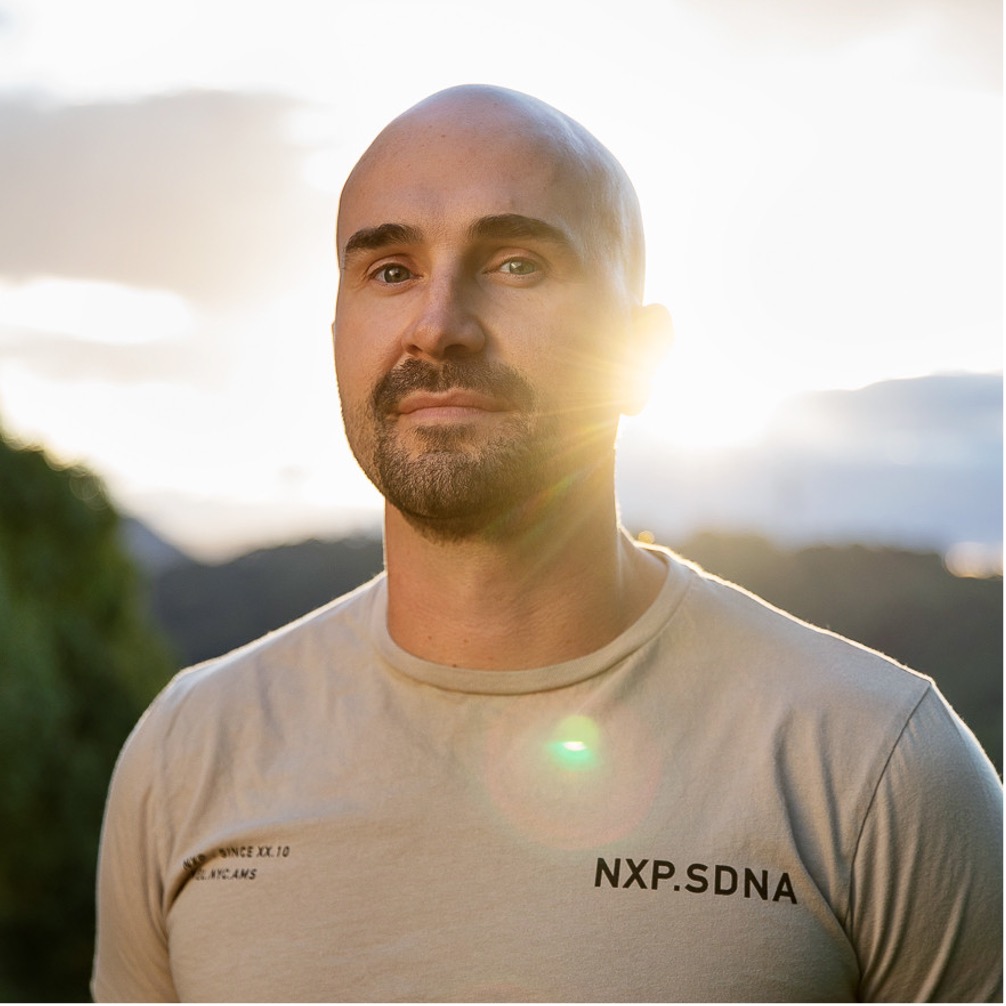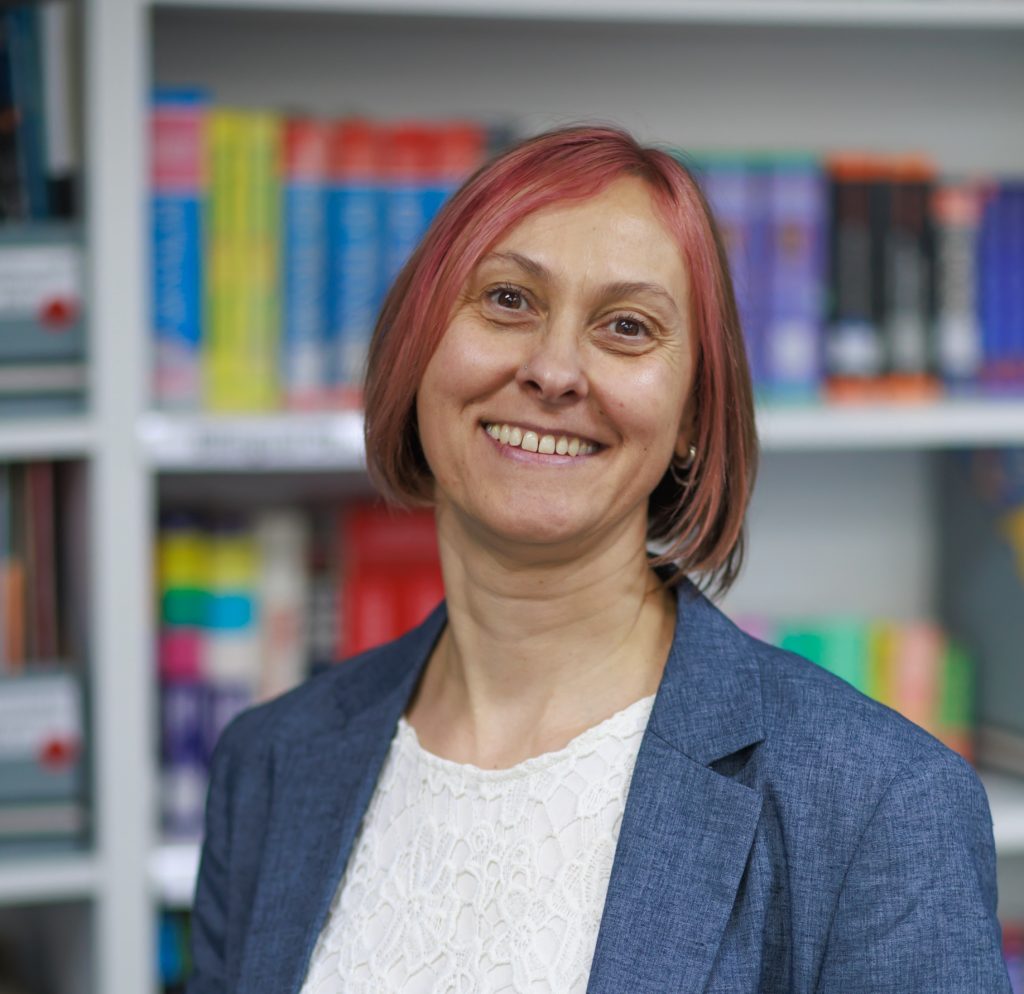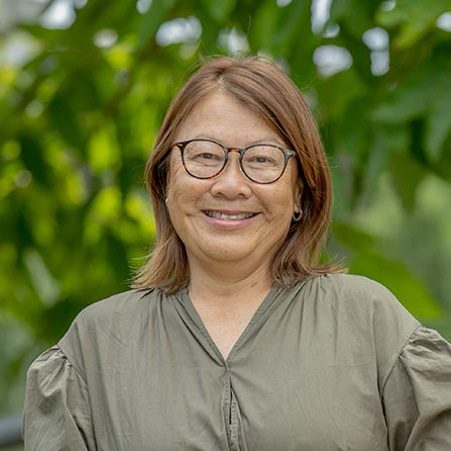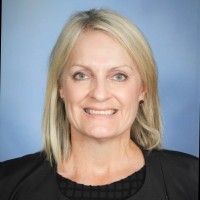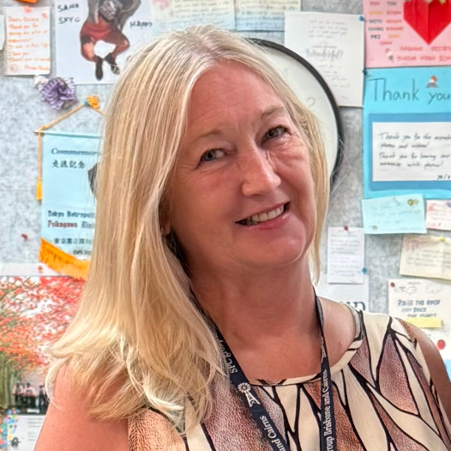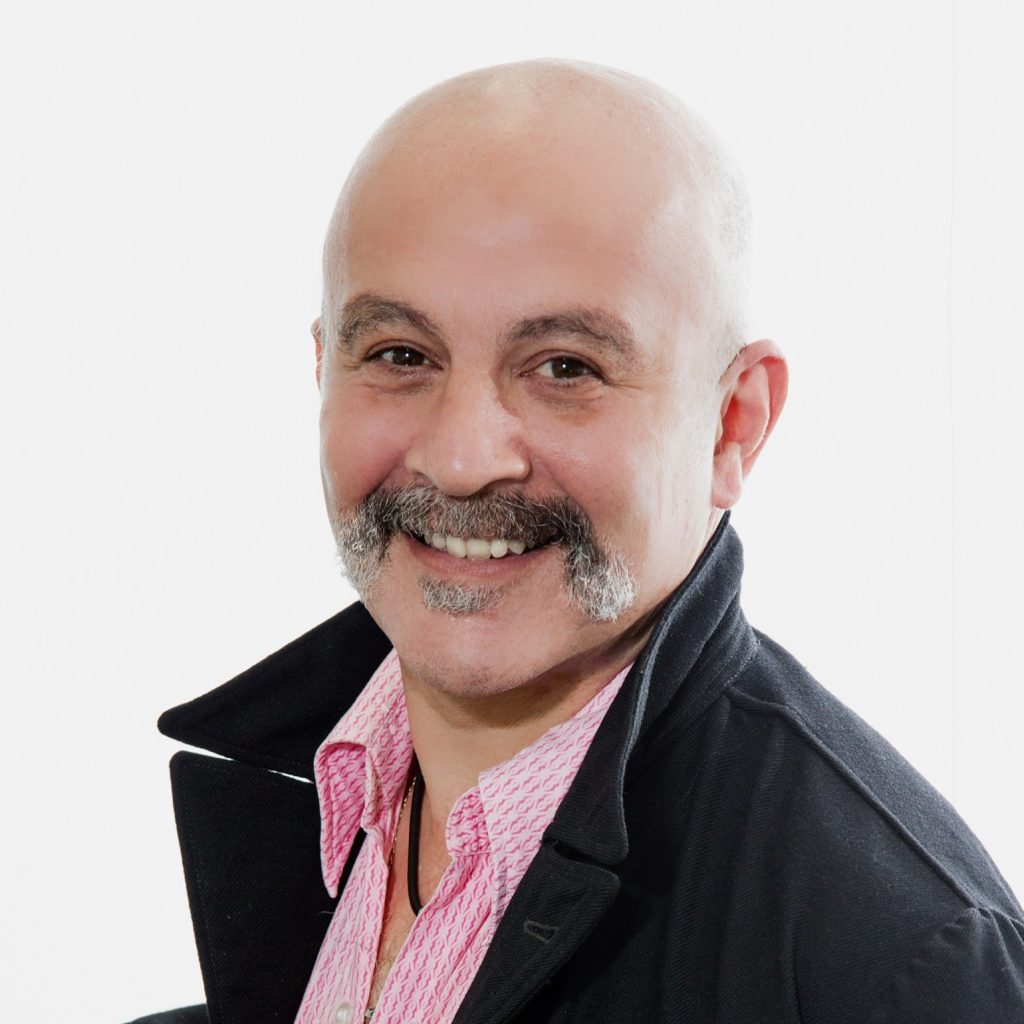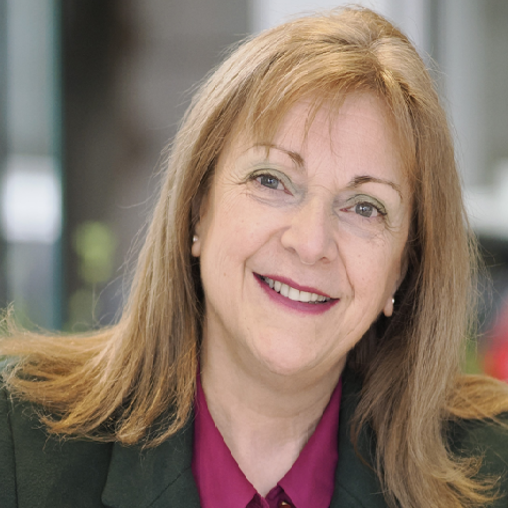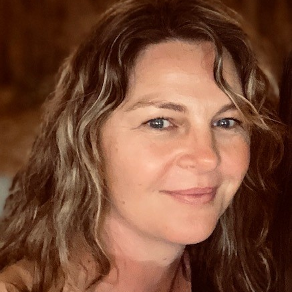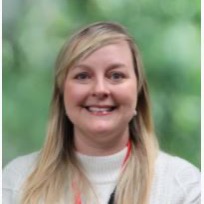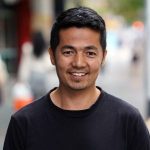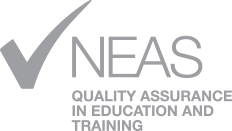Finding Your Place When You Don’t Belong
Download the Presentation (PDF)
What happens when you don’t belong? When you are new to the country, language, educational environment? Add to the mix living away from your support networks and friends, and this is a challenge facing many international students.
Three High School Preparation providers, all based in school contexts, share their strategies and best practice approaches for helping disengaged and/or unmotivated high school students to feel that they ‘belong’.
Presenter: Leisl Bruhn
Leisl began her teaching career in the East End of London whilst working and travelling overseas. Upon her return to Australia, she completed a Master of Education (Applied Linguistics) and has extensive teaching and leadership experience in the EAL field across primary, secondary, and adult sectors in both the state and private systems. Leisl has also worked on language proficiency in the corporate arena and has extensive experience teaching VCE EAL onshore and offshore and English Language B in the IBDP.
In Leisl’s current position as Dean of International Students at Ivanhoe Grammar School she is the Academic Manager of the School’s Intensive English Language Program and is responsible for the pastoral care of all international students across the school at any one time. Leisl believes the care and wellbeing of international school students is vital, especially given their vulnerability, and for them to fully enjoy their experience and achieve their best outcomes they must feel safe, comfortable, and well supported.
Leisl is the current President of Vision International, an association of Australian schools that enrol international school students.
Presenter: Jo Kwai
Jo Kwai is a seasoned ELT specialist with extensive experience in teaching, curriculum development and coordinating across three sectors: primary, secondary, ELICOS in private and public institutions, and has also worked in the RTO environment across compliance, training and management. Jo’s professional journey includes working at TAFE Qld, where she had diverse roles including ELICOS teacher, AMEP case manager, and TESOL Trainer and assessor for Diploma and Certificate IV courses.
As a dedicated member of the QLD EA branch, and a member of the ASQA SLG (Stakeholder Liaison Group), Jo is a passionate advocate for professional development and life-long learning. She is the visionary founder of PD Fest, an annual event that has expanded to multiple states across Australia.
Jo is Manager, JPIC and supports the Director (David Ferguson) to oversee the Teaching and Learning in the HSP/IPP Intensive ELICOS program. She engages on a regular basis with students and various stakeholders with all-things teaching and learning.
Presenter: Vanessa Newbery
Mrs Newbery has been teaching at Hills International College since 2012, and has been Director of Studies in Hills Language College for over eight years. She is now part of the College Executive team in her role as Head of International Programs.
Before joining Hills, Mrs Newbery worked around Australia and overseas in ELICOS, AMEP and LOTE (French) teaching roles. She has travelled extensively through Europe and Asia, enhancing her international understanding and perspective.
Transition and support were her two main objectives when joining Hills Language College, and together with her teachers and the Hills community, she is working towards achieving these goals despite global and local challenges.
Mrs Newbery also facilitates the Hills Homestay Program. She is an active member of the College Wellbeing Team, and coordinates the College’s Culture Club.
Mrs Newbery is a certified NEAS Master Practitioner and member of the NEAS High School Preparation Community of Practice. She is involved in state and national networking with other schools to ensure best practice for international students at not only Hills International College, but also Australia.
